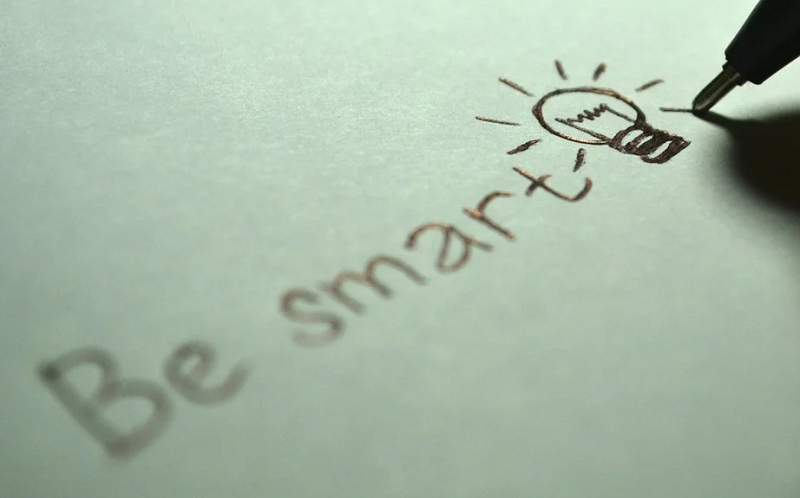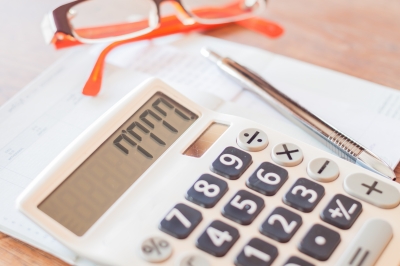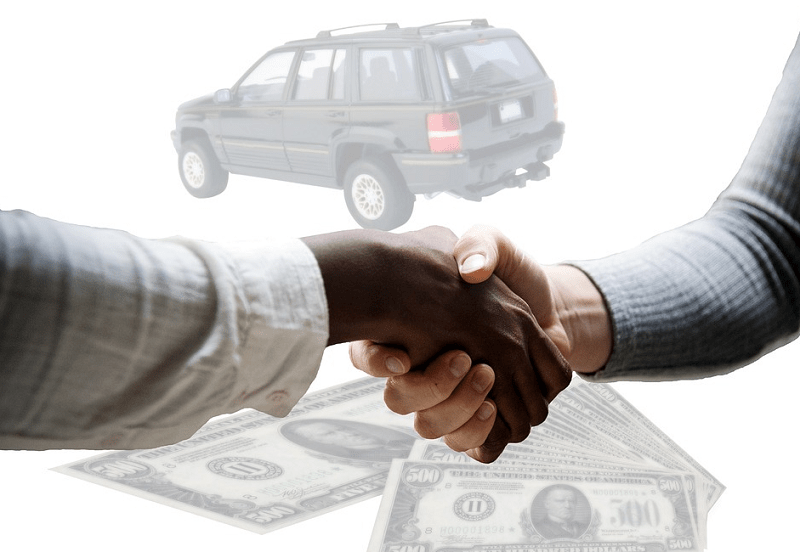It’s easy enough to get yourself into financial difficulty, despite the best of intentions. Whether it’s spiralling debts, not having enough to cover your bills, or being unable to get access to finance, money problems can quickly drag you down. So, if it’s easy to get yourself into a money mess, how do you go about freeing yourself and getting your life back on track?
Get a Deal That Works For You
As soon as you hit financial strife, it can be tempting to bury your head in the sand and hope things sort themselves out. Unfortunately, that approach usually makes the problem worse. If you’re struggling to make required payments or are facing mounting fees for credit, you need to take action quickly. Many people are unaware that there are products out there that can help, including small fast loans for people with bad credit. A bit of breathing space can give you the chance to make other changes that can resuscitate your bank balance.

Photo by Iryna Tysiak on Unsplash
Set Repayment Goals
Whatever the source of your debt, it’s vital to have a plan for paying it off. You’ll need to tie this into your over-arching budget so that it is something you can firmly stick to. Start but working out your priorities. Is it more important to get your debt paid off as quickly as possible, or do you have other things going on in your life that make a more gradual repayment the right thing for you?
Work Out Your Budget
Once you’ve got your ducks in a row regarding your debt situation, it’s time to look at how you’re going to chip away at the money you owe. Budgeting for your income is a crucial skill that will help you gain financial control. Whether you choose to look at it weekly or monthly is up to you, but it’s easiest to go with the cycle on which you get paid. Next, work out how much income needs to be spent on essentials like rent or mortgage payment, utility bills, food and work travel. Then you can see how much you can afford to set aside for repayments.
Cut Out Non-Essentials
Most of us can easily identify things we spend money on but don’t really need. That daily morning coffee on the way to work perhaps, or a subscription that’s not being used. On their own, they may seem insignificant, but they can rapidly add up and seriously eat into the money you have available for paying off your debts. So get out the highlighter pen and go through your bank statement to add up all the non-essential purchases. You might be in for a shock!
Keep Track and Adapt
Coming up with a plan is one thing, but making it work and achieving your goals is entirely another. To succeed you’ll need to get into the habit of tracking your spending against your budget and sticking to your repayment plan. The purpose of tracking is to see if your strategy works, or whether you need to adjust it. You might need to find more savings or bring in more money to hit your targets. Alternatively, you may find you’re able to add in some treats to your budget to reward yourself for youR hard work.
if you’re concerned about your troubled finances, take action now. The sooner you get started, come up with a plan and start seeing things moving in the right direction, the sooner you’ll be back in control both of your bank balance and your life.















